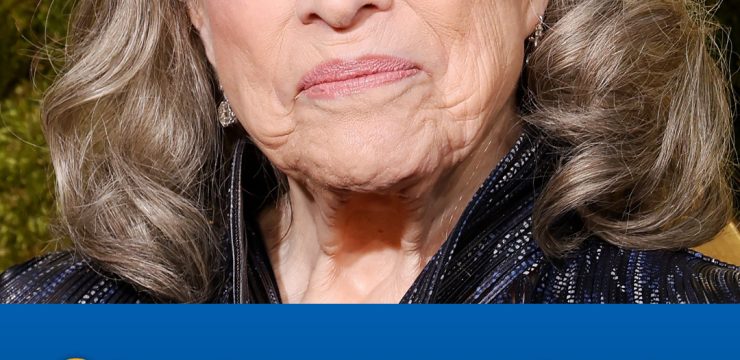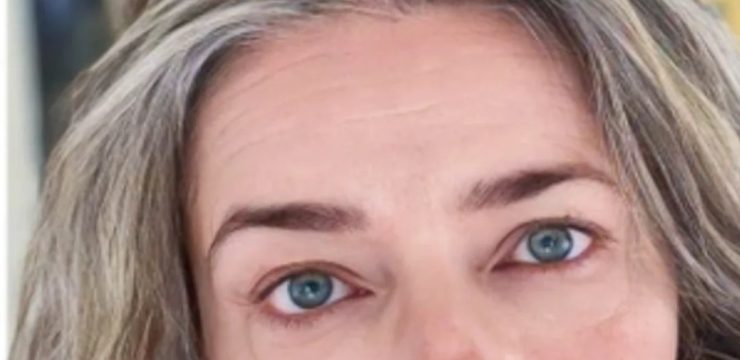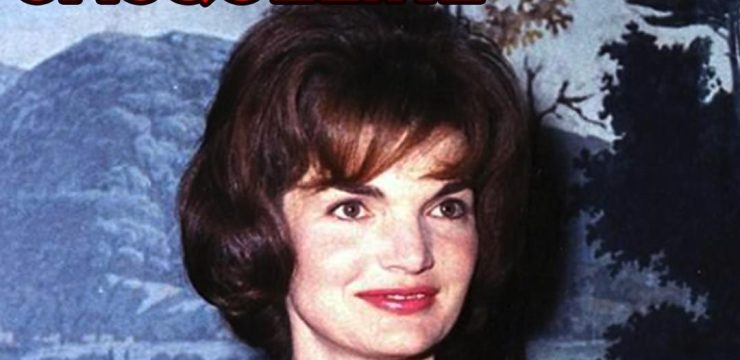Claudia Cardinale, a celebrated actress known for her captivating screen presence, has embraced aging with confidence and grace, affirming that “time cannot be stopped.” Her reflections on the passage of time and her illustrious career invite admiration for her strength, skill, and enduring beauty.
Italian-born and widely recognized as a Hollywood icon, Cardinale gained prominence in an era of cinematic brilliance. Her career has spanned over a hundred films, with her busiest period occurring between 1960 and 1970. In those transformative years, she appeared in more than thirty films, including iconic projects like *8½* (1963), *The Leopard* (1963), and *The Professionals* (1966), in which she shared the screen with famed actors Lee Marvin and Burt Lancaster.
Among Cardinale’s most memorable roles was in Sergio Leone’s *Once Upon a Time in the West* (1968), a film that has since become a beloved classic. Reflecting on her time working with Leone, Cardinale mentioned that his directing style was unlike any other. Leone would have the actors listen to the film’s score before shooting a scene, a rare approach that influenced their performances. Remarkably, he even had the music composed before any scenes were shot, lending a unique rhythm and emotion to each take. Cardinale, born in Tunisia, recalled how her acting career in the U.S. began without her seeking it out, saying, “My main advantage was that I didn’t ask to go to Hollywood; they called me.”
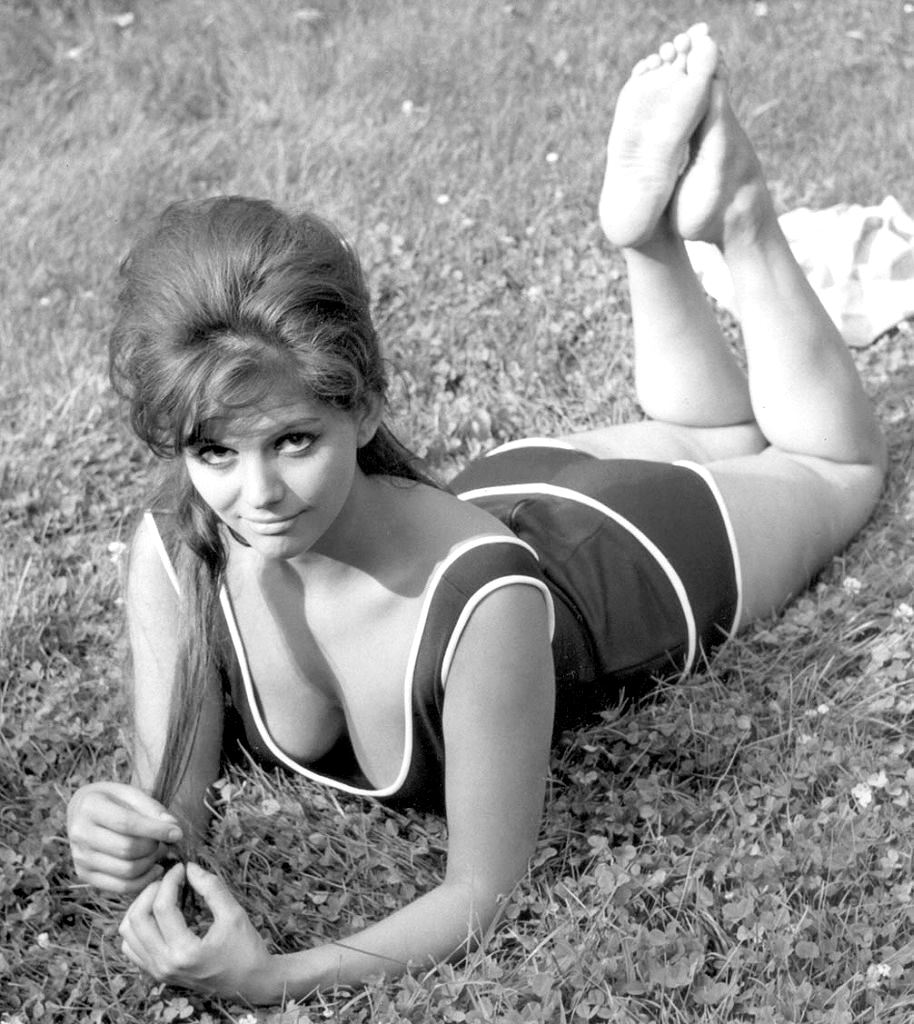
In the golden age of Hollywood, studios were constantly scouting for new talent, eager to control their careers by locking them into restrictive contracts. These contracts often limited actors’ professional freedom, binding them exclusively to one studio. But Cardinale resisted this trend. She made a bold decision to avoid signing exclusive agreements with Universal, preferring instead to work contract by contract. This approach allowed her the freedom to pursue a variety of roles and establish her unique path in the industry.
During her three-year stint in Hollywood, Cardinale left a mark with roles in films like *The Pink Panther* and *The Professionals*. She also collaborated with stars such as Rock Hudson in *Blindfold* and shared scenes with John Wayne and Rita Hayworth in *Circus World*. These encounters brought her into the circles of Hollywood’s elite, where she had the opportunity to interact with legends like Steve McQueen, Barbra Streisand, and Warren Beatty.
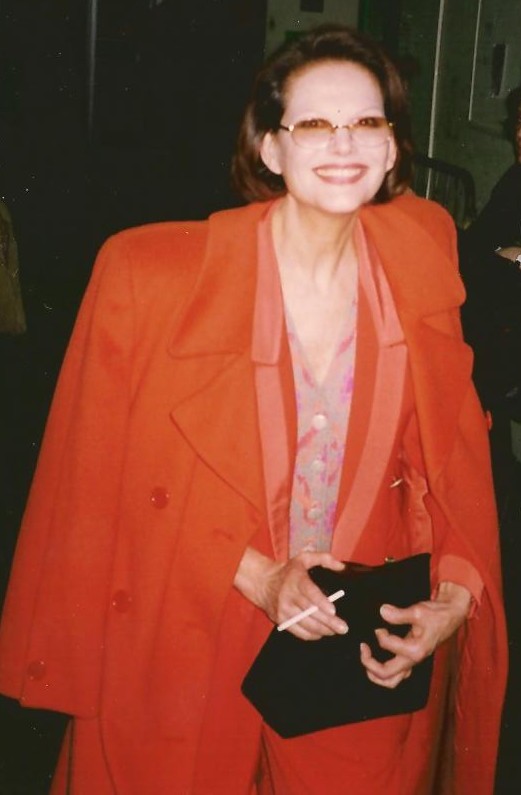
Cardinale’s journey also included notable appearances at the Cannes Film Festival, where she debuted two films in 1961: Mauro Bolognini’s *The Lovemakers*, in which she starred alongside Jean-Paul Belmondo, and Valerio Zurlini’s *Girl With a Suitcase*, where she played a strong-willed singer. She returned to Cannes in 1963 with two influential films, Federico Fellini’s *8½* and Luchino Visconti’s *The Leopard*. In a later interview, Cardinale explained that she worked on both movies simultaneously, a rare feat that required meticulous adjustments. Visconti preferred her with black hair, while Fellini wanted a golden look, so Cardinale had to alternate hair colors every two weeks to satisfy the contrasting visions of these iconic directors.
Following her success in Europe, Cardinale’s Hollywood career flourished over a three-year period. During this time, she starred in two films with Rock Hudson, *Blindfold* and *Lost Command*. Reflecting on this period, Cardinale noted, “Universal wanted me to sign an exclusive contract, but I told them, ‘No, I’m European.’” Determined to maintain her independence, she returned to Europe, even as Hollywood continued to press for her signature on a more permanent contract.
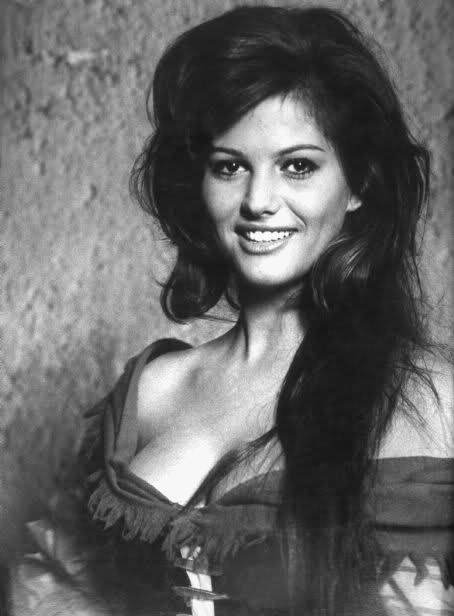
Cardinale was known for her resistance to nudity on screen, a decision that set her apart from many other actresses of her time. Beyond her roles in film, she has been a steadfast advocate for women’s rights, channeling her influence into meaningful activism. Unlike many in her industry, she has consistently rejected cosmetic surgery. She once shared, “I’ve never had a facelift—my mother used to say, ‘Just wait until you get older; you’ll always have a reason to smile.’” This philosophy reflects her belief in embracing natural beauty and aging with dignity, a perspective that continues to resonate with her fans.
Even as she moved beyond her peak Hollywood years, Cardinale remained active in the film industry. Her film *And Now… Ladies and Gentlemen* was screened at the Cannes Film Festival, though it was presented out of competition. Her final role in film was in *The Island of Forgiveness*, an Italian-Tunisian project that further cemented her commitment to international cinema. At 77, Cardinale remarked on her ongoing appearances on screen, emphasizing the importance of staying active. “The most important thing,” she stated, “is to keep moving forward. I don’t like all these facelifts and plastic surgery options; time is inevitable.” This embrace of the natural aging process speaks to her enduring authenticity and independence.
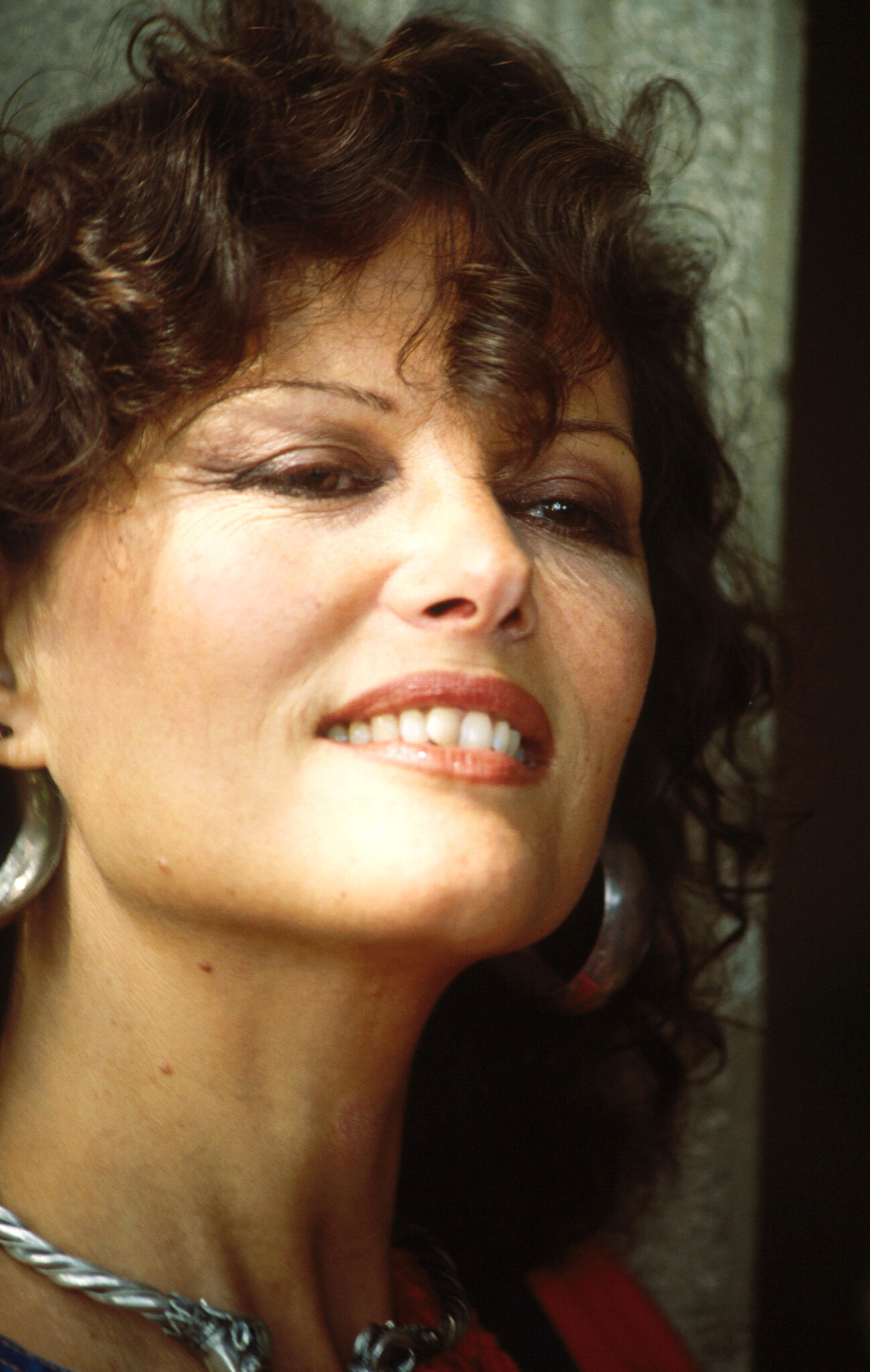
Cardinale’s beauty and talent were celebrated from a young age. In 1957, she won the title of “Most Beautiful Italian Girl in Tunisia,” a moment that marked the beginning of her journey toward global stardom. Now, at 86, Cardinale’s remarkable transformation over the decades remains a testament to her timeless elegance and strength. Her story, as an actress who navigated Hollywood’s demands while retaining her autonomy, serves as an inspiration.
Through her extensive body of work, Claudia Cardinale has left an indelible legacy. Her career, spanning several decades, highlights not only her cinematic contributions but also her strength, grace, and unwavering dedication to authenticity. She remains one of the most iconic stars of Hollywood’s golden era, inspiring audiences to celebrate truth and inner beauty. Beyond her on-screen roles, Cardinale has encouraged others to value sincerity and reject superficial standards, underscoring that beauty lies not in alteration but in the courage to grow naturally over time.
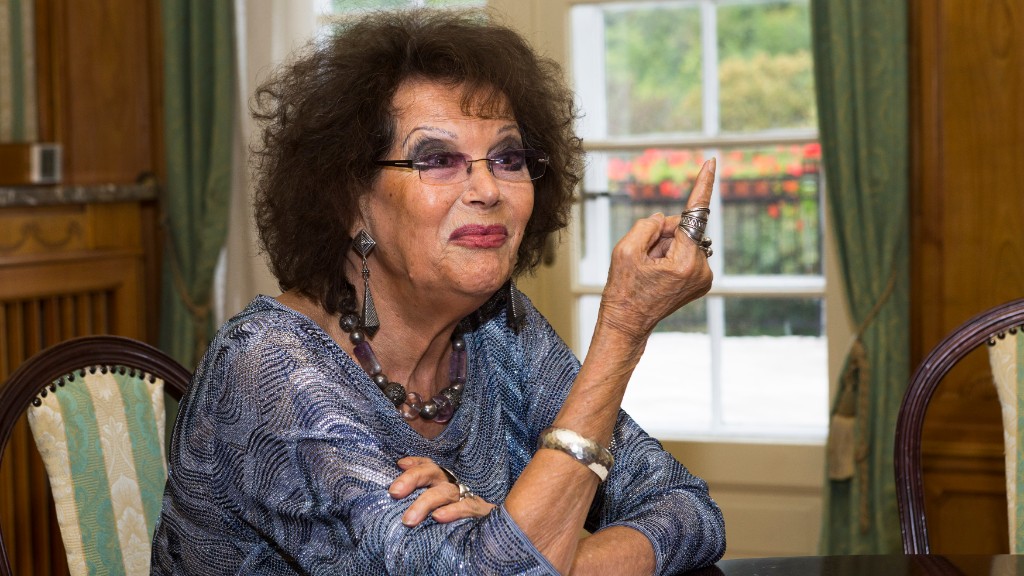
In the story of Claudia Cardinale, we find more than just a Hollywood star. We see a woman who defied the pressures of her industry, upheld her principles, and emerged as a symbol of resilience and beauty. From Cannes to Hollywood, and across countless roles, she has shown that talent, integrity, and natural beauty are timeless.
